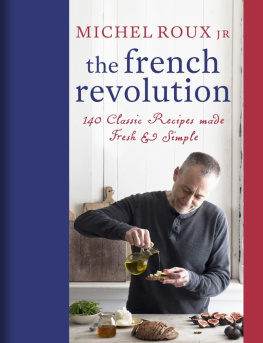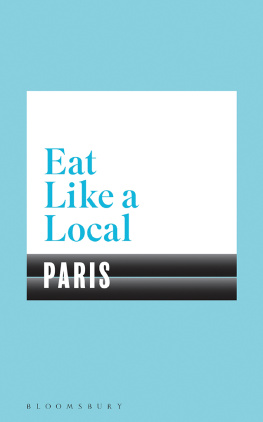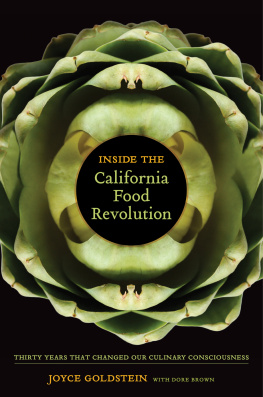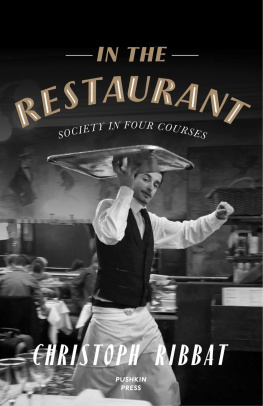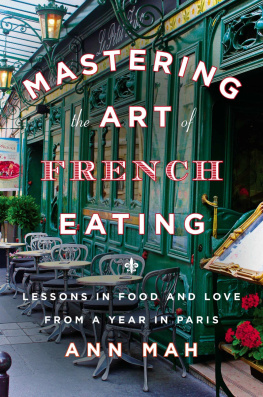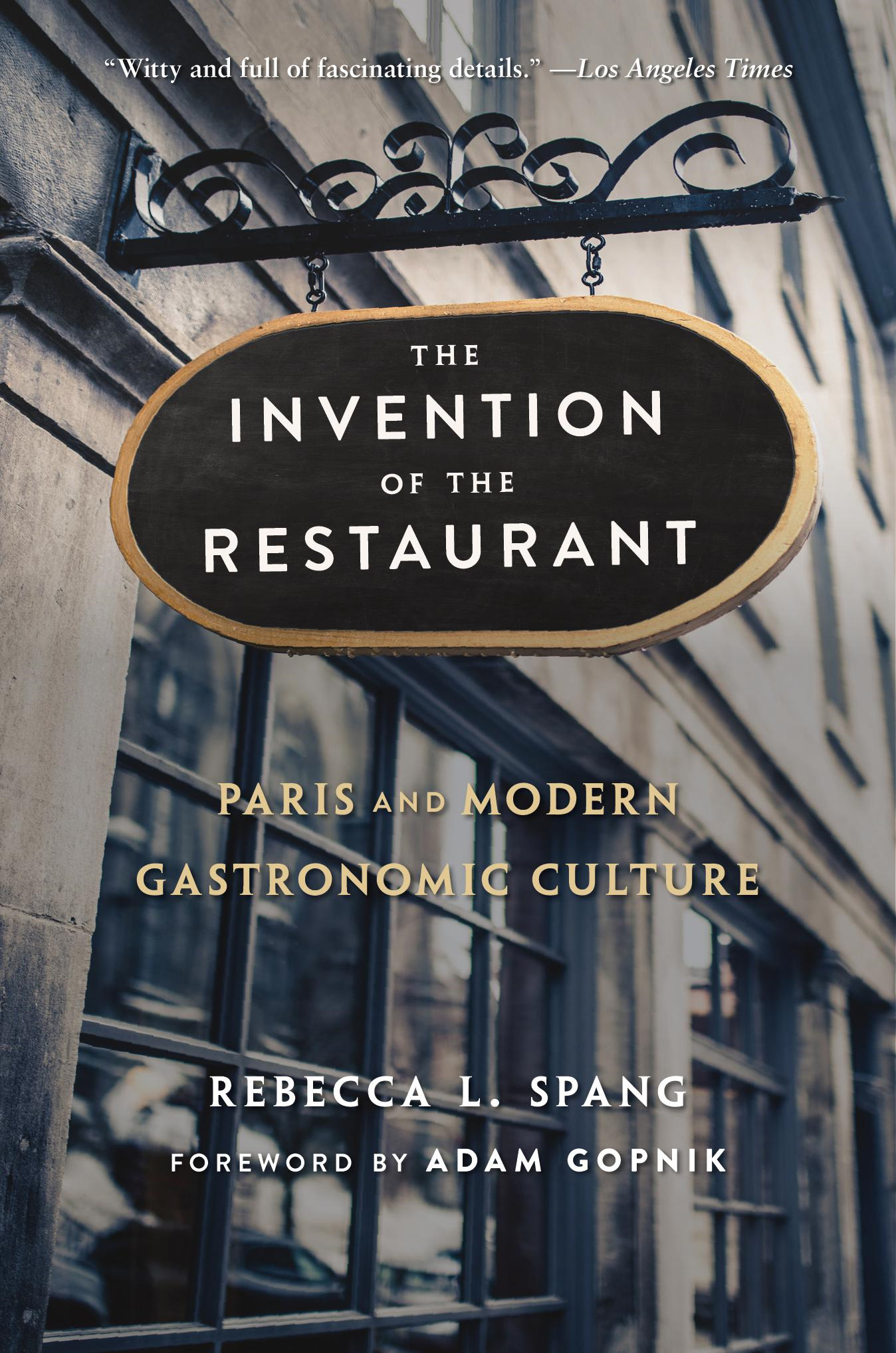Rebecca L. Spang - The Invention of the Restaurant: Paris and Modern Gastronomic Culture: Paris and Modern Gastronomic Culture, With a New Preface: 135 (Harvard Historical Studies)
Here you can read online Rebecca L. Spang - The Invention of the Restaurant: Paris and Modern Gastronomic Culture: Paris and Modern Gastronomic Culture, With a New Preface: 135 (Harvard Historical Studies) full text of the book (entire story) in english for free. Download pdf and epub, get meaning, cover and reviews about this ebook. year: 2020, publisher: Harvard University Press, genre: Art. Description of the work, (preface) as well as reviews are available. Best literature library LitArk.com created for fans of good reading and offers a wide selection of genres:
Romance novel
Science fiction
Adventure
Detective
Science
History
Home and family
Prose
Art
Politics
Computer
Non-fiction
Religion
Business
Children
Humor
Choose a favorite category and find really read worthwhile books. Enjoy immersion in the world of imagination, feel the emotions of the characters or learn something new for yourself, make an fascinating discovery.

- Book:The Invention of the Restaurant: Paris and Modern Gastronomic Culture: Paris and Modern Gastronomic Culture, With a New Preface: 135 (Harvard Historical Studies)
- Author:
- Publisher:Harvard University Press
- Genre:
- Year:2020
- Rating:5 / 5
- Favourites:Add to favourites
- Your mark:
The Invention of the Restaurant: Paris and Modern Gastronomic Culture: Paris and Modern Gastronomic Culture, With a New Preface: 135 (Harvard Historical Studies): summary, description and annotation
We offer to read an annotation, description, summary or preface (depends on what the author of the book "The Invention of the Restaurant: Paris and Modern Gastronomic Culture: Paris and Modern Gastronomic Culture, With a New Preface: 135 (Harvard Historical Studies)" wrote himself). If you haven't found the necessary information about the book — write in the comments, we will try to find it.
Winner of the Louis Gottschalk Prize
Winner of the Thomas J. Wilson Memorial Prize
Witty and full of fascinating details.
Los Angeles Times
Why are there restaurants? Why would anybody consider eating alongside perfect strangers in a loud and crowded room to be an enjoyable pastime? To find the answer, Rebecca Spang takes us back to France in the eighteenth century, when a restaurant was not a place to eat but a quasi-medicinal bouillon not unlike the bone broths of today.
This is a book about the French revolution in tasteabout how Parisians invented the modern culture of food, changing the social life of the world in the process. We see how over the course of the Revolution, restaurants that had begun as purveyors of health food became symbols of aristocratic greed. In the early nineteenth century, the new genre of gastronomic literature worked within the strictures of the Napoleonic state to transform restaurants yet again, this time conferring star status upon oysters and champagne.
An ambitious, thought-changing bookRich in weird data, unsung heroes, and bizarre true stories.
Adam Gopnik, New Yorker
[A] pleasingly spiced history of the restaurant.
New York Times
A lively, engrossing, authoritative account of how the restaurant as we know it developedSpang isas generous in her helpings of historical detail as any glutton could wish.
The Times
Rebecca L. Spang: author's other books
Who wrote The Invention of the Restaurant: Paris and Modern Gastronomic Culture: Paris and Modern Gastronomic Culture, With a New Preface: 135 (Harvard Historical Studies)? Find out the surname, the name of the author of the book and a list of all author's works by series.

